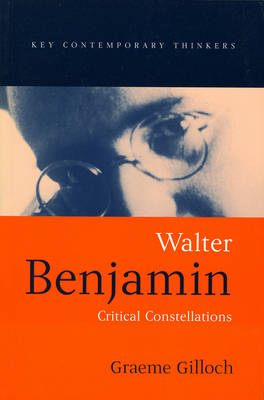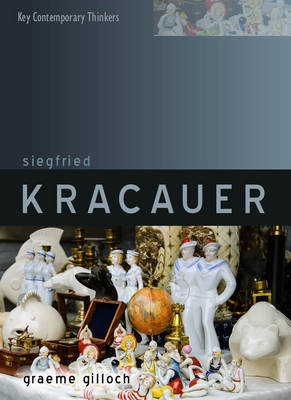Key Contemporary Thinkers
2 total works
This major new book offers a much-needed introduction to the work of Siegfried Kracauer, one of the main intellectual figures in the orbit of the Frankfurt School of Critical Theory. It is part of a timely revival and reappraisal of his unique contribution to our critical understanding of modernity, the interrogation of mass culture, and the recognition of both the dynamism and diminution of human experience in the hustle and bustle of the contemporary metropolis. In stressing the extraordinary variety of Kracauer’s writings (from scholarly philosophical treatises to journalistic fragments, from comic novels to classified reports) and the dazzling diversity of his themes (from science and urban architectural visions to slapstick and dancing girls), this insightful book reveals his fundamental and formative influence upon Critical Theory and argues for his vital relevance for cultural analysis today.
Kracauer’s work is distinguished by an acute sensitivity to the ‘surface manifestations’ of popular culture and a witty, eminently readable literary style. In exploring and making accessible the work of this remarkable thinker, this book will be indispensable for scholars and students working in many disciplines and interdisciplinary fields: sociology and social theory; film, media and cultural studies; urban studies, cultural geography and architectural theory; philosophy and Critical Theory.

